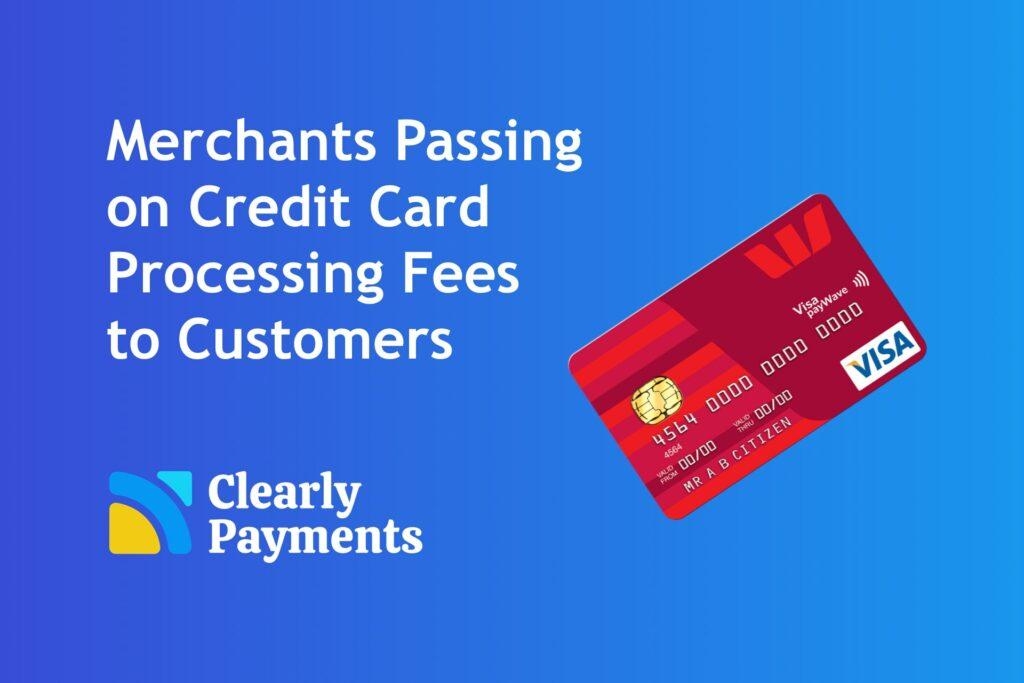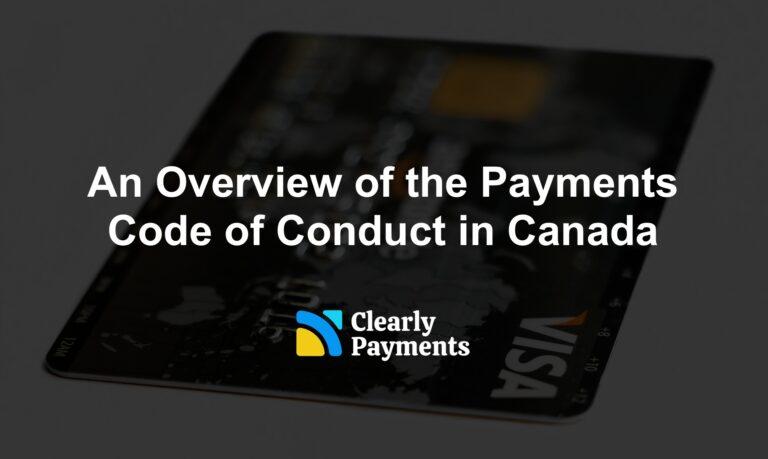The rules have changed in Canada as of October 6 2022 about merchants passing on credit card processing fees to customers, which is also called credit card surcharges. This article will give you some information on the surcharge rules and impacts of the change.
Credit card processing fees are the fees charged to merchants for accepting a credit cards. These fees include interchange fees, card brand fees, and all other fees associated with accepting credit cards. Here’s an overview on interchange fees and how they work. A typical fee is around 2.5% and $0.10 per transaction.
Is it legal for merchants to surcharge customers for credit card fees?
Following a multi-million dollar class action lawsuit and settlement with Visa and MasterCard, the rules of passing on credit card processing fees to customers has changed. The lawsuit was during COVID where cash mostly disappeared and people started paying a lot more with credit cards.
Yes, it is legal across Canada for merchants to add a surcharge for a credit card transaction, except in Quebec due to the province’s consumer protection laws. It is important to point out that it was never actually “illegal” for merchants to surcharge customers, however Visa and MasterCard did have their own rules restricting merchants from charging customers for credit card use in the merchant agreements.
In the USA, as a result of a legal settlement with a group of American merchants, they may surcharge certain credit card transactions, starting back in January 27 2013.
As part of the settlement, Canadian businesses are also able to claim up to $5,000 in historical credit card processing fees.
What are the rules for passing on credit card fees?
There are a few rules that need to be followed in Canada for passing on credit card processing fees to customers.
- You’ll need to let your your payment processor know in writing, at least 30 days in advance, that you want to add a surcharge for credit cards.
- You cannot charge more than you are paying in credit card fees and only up to a maximum of 2.4%. This means you cannot generate a profit from your customers on credit card use. Also, you cannot charge for credit card fees in addition to a service or convenience fee.
- You’ll need to clearly display that you charge for credit card fees. This means a sign when people enter your store, you’ll also need a sign at the point of sale (POS) whether online or at a physical store, and you will need to display the itemized surcharges on every receipt.
As a merchant, you must clearly let people know about the surcharges and fees to customers before a credit card transaction is completed. A credit card holder must be able to cancel the transaction without penalty before authorizing payment. You can find out more details from the government of Canada on credit surcharge rules. MasterCard has also put out some surcharge information for merchants.
Will consumers continue to use credit cards with the surcharge?
Consumers will almost certainly continue to use credit cards. If you’re comparing credit cards to debit cards, there are a few key advantages that credit cards have.
People love their points. Whether the points are travel points, spending points, or cash back, many people are loyal to their points. There are even industries and publications dedicated to credit card points.
Extra incentives and rewards also keep consumers using credit cards. Some credit cards, mostly the more luxury credit cards, offer extra rewards like access to airport lounges, deals on purchases, rental car benefits, restaurant promotions, and many more.
The last key advantage of credit cards over debit cards is the fraud protection. If someone uses your credit card fraudulently, it is very easy to get that charge removed. You can normally get them solved with one phone call. It is a much more difficult process with debit cards.
Overall, when these benefits exist, consumers will likely continue to use credit cards.
Should merchants add a credit card surcharge?
There is not black and white answer. It comes down to your situation and you’ll likely want to consider the impact on your customers and what your competition is doing. We’ve heard statistics that around 20% of merchants plan on adding a surcharge.
Some merchants are concerned that adding a surcharge will send customers to their competitors. That seems to be the main concern for adding a surcharge, particularly for small and medium sized businesses. Unfortunately, the larger corporations seem to be the ones that benefit the most from this surcharge change. Industries like telecommunications, airlines, and groceries can get away with adding credit card fees without their business suffering due to their necessity or monopolistic position. This is not to mention that large businesses also have the ability to negotiate lower credit card processing fees in the first place.
We have seen many businesses simply raise their prices roughly 2% to 3% to bake in the costs of processing credit cards. With inflation going up, increasing prices have become a little more accepted by consumers than tacking on extra service fees.
Some businesses have considered removing credit card acceptance altogether. However, they generally view there is too much of a cost to a fully cash business. There is a high risk of theft and also increased management costs of accounting, banking, and training. Plus, there is the concern that they may loose customers who want to pay with credit card or lose those that specifically do not want to pay with cash.
How do merchants add a surcharge?
It’s pretty easy. You simply email your payment processor that you want a surcharge. They’ll make sure it gets implemented. Since these rules have just changed, you can expect payment processors to enable this process over the coming months




